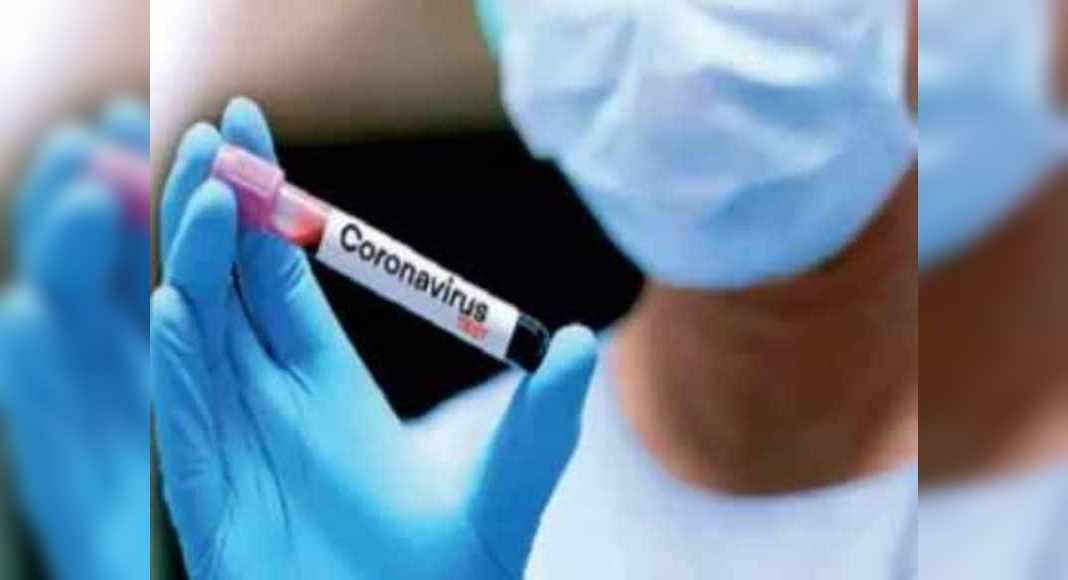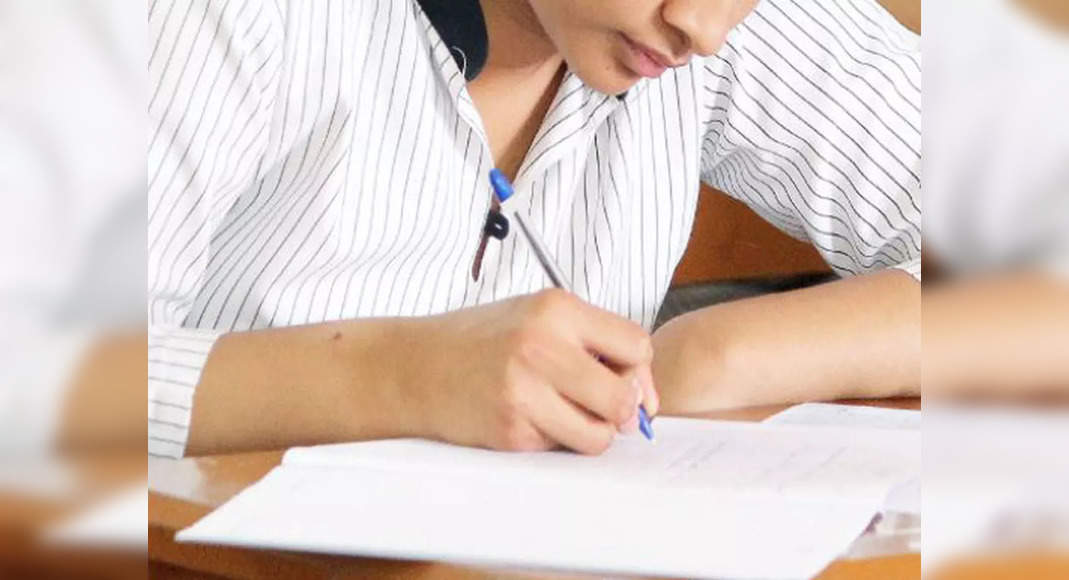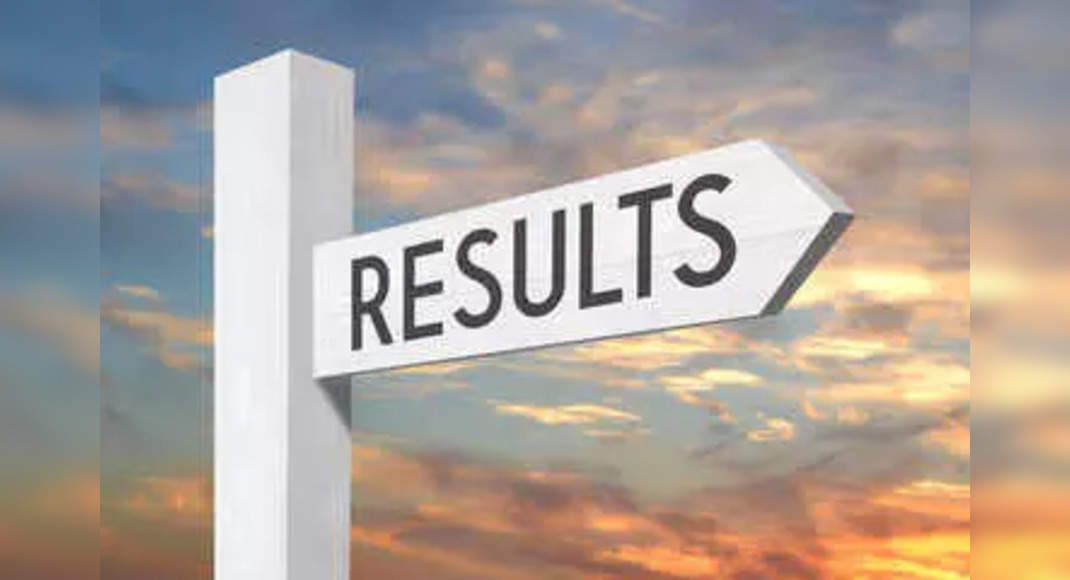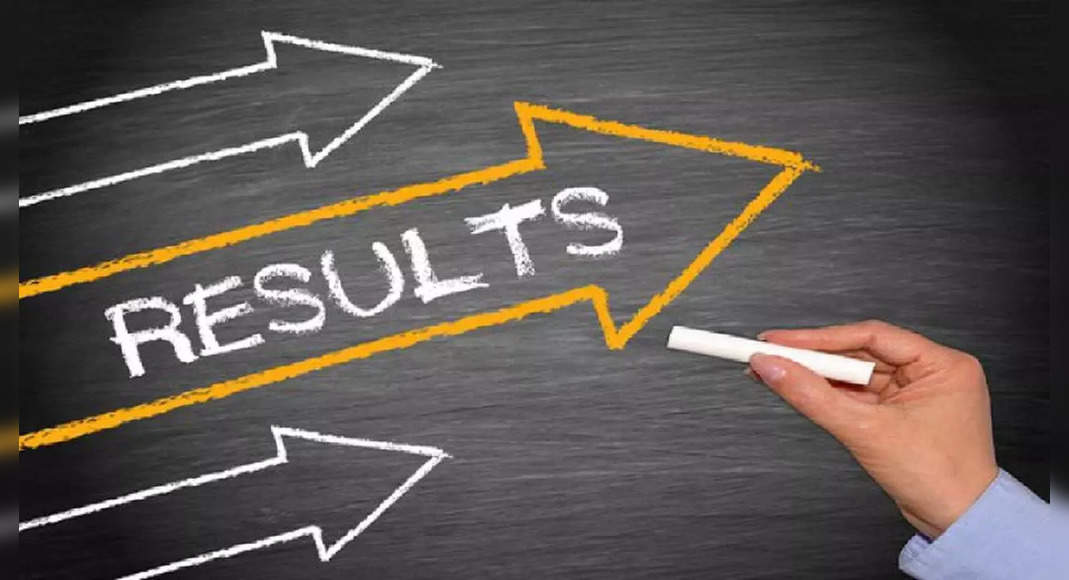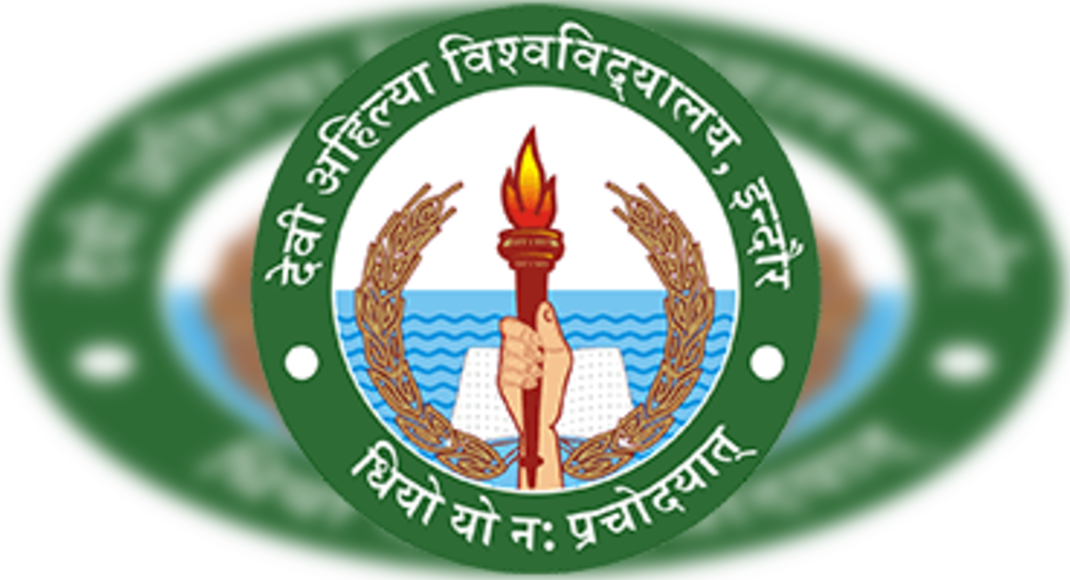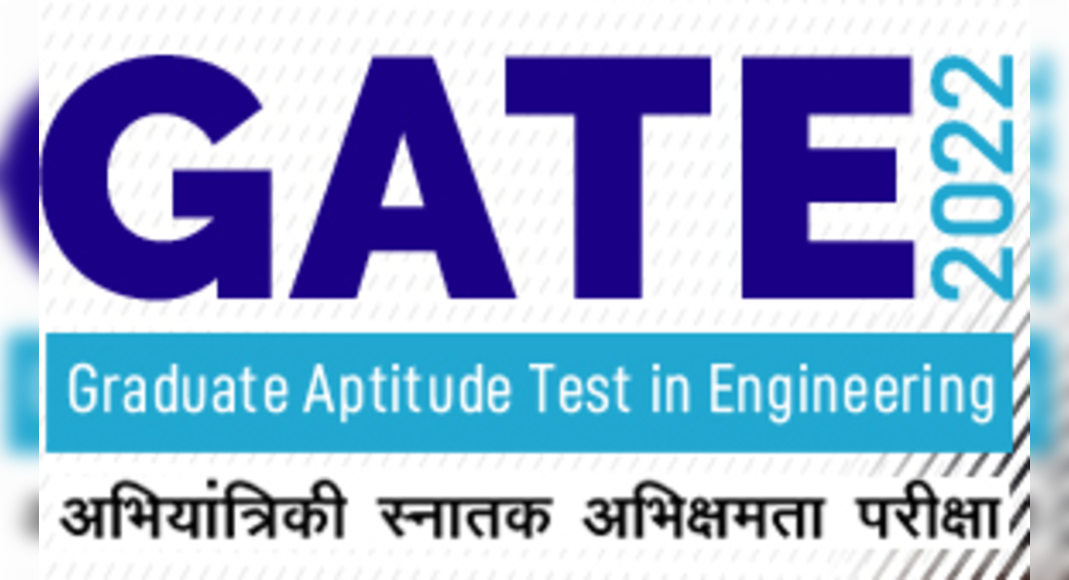GUWAHATI: A single dose of Covishield vaccine has been found sufficient to protect Covid-infected people who have attained immunity after recovering from the infection, revealed a study by researchers at the ICMR, northeast, and the Assam Medical College (AMC), Dibrugarh.
The team members said relieving many recovered patients from the second dose will significantly help in managing the vaccine shortage in India.
People between 18 and 75 years of age, covering both males and females, were studied by the experts.
The results showed that among the seropositive cases, the second dose of vaccine did not raise the antibody titre any higher compared to the first dose.
“Interestingly, it was observed that the IgG antibody titre was considerably higher in previously seropositive participants who received only one dose of vaccine compared to the seronegative group who received both doses of vaccine,” stated the study report on Covishield vaccine’s immune response to a single dose in previously exposed Covid-19 individuals.
The study suggested that a single dosage of the vaccine may be enough to produce an efficient immune response in previously infected patients, even those with moderate illness.
Congratulations!You have successfully cast your voteLogin to view result
During the study, the IgG antibodies, which determine the immunity level of an individual, were estimated at three different time intervals, pre-vaccination, 25-35 days post first dose vaccination and again 25-35 days post second shot.
Notably, they found the IgG antibody titre was significantly high among people who tested positive earlier and got the single dose of vaccine.
A total of 121 participants were included to study the immune response to Covishield in previously infected or uninfected people.
“A single dose of Covishield vaccine might be sufficient to induce an effective immune response in subjects with prior SARS-CoV2 infection.
Stratifying vaccines based on their (a beneficiary’s) SARS-CoV2 IgG antibody titre before vaccination would help in meeting the increasing vaccine demand and could be effective to circumvent further waves of the pandemic in India,” read the study carried out by authors and principal investigators, Dr Biswajyoti Borkakoty and Dr Gayatri Gogoi, alongwith researchers Mandakini Das Sarmah, Chandra Kanta Bhattacharjee and Nargis Bali.
The study has been published in preprint medRxiv journal.
As of June 2, only 3.2% of India’s 1.4 billion people were immunized.
Assam has a total of 2.31 crore 18+ population, though about 48.71 lakh people were vaccinated with the first jab, while 11.2 lakh got both doses till Tuesday evening.
A large population, especially in the rural belt, still remains out of the vaccine shield when the government has already started preparations to tackle a possible third wave.
Assistant professor of pathology at AMC, Dr Gayatri Gogoi, told TOI that going by their study, many of the beneficiaries don’t need a second dose.
“We are going for an extended study on a larger scale from next week,” she said.
The report insisted on prioritizing vaccines and categorically vaccinating the non-immune population as the need of the hour.
In people with previous SARS-CoV-2 exposure, vaccine studies reported worldwide demonstrated significant antibody titers post the first dose of Pfizer or Moderna RNA vaccine.
“Despite the fact that the trials only covered a small number of people, the main outcome is similar: people with pre-existing immunity generated uniformly high antibody titers,” read the report, for which the study was conducted by the experts from Assam between January and April.
The serum IgG antibodies against SARS-CoV2 were detected using a commercial ELISA kit approved by the FDA for emergency use authorization, following the ICMR- Regional Medical Research Centre North Eastern Region, Dibrugarh’s institutional ethics committee approval.

